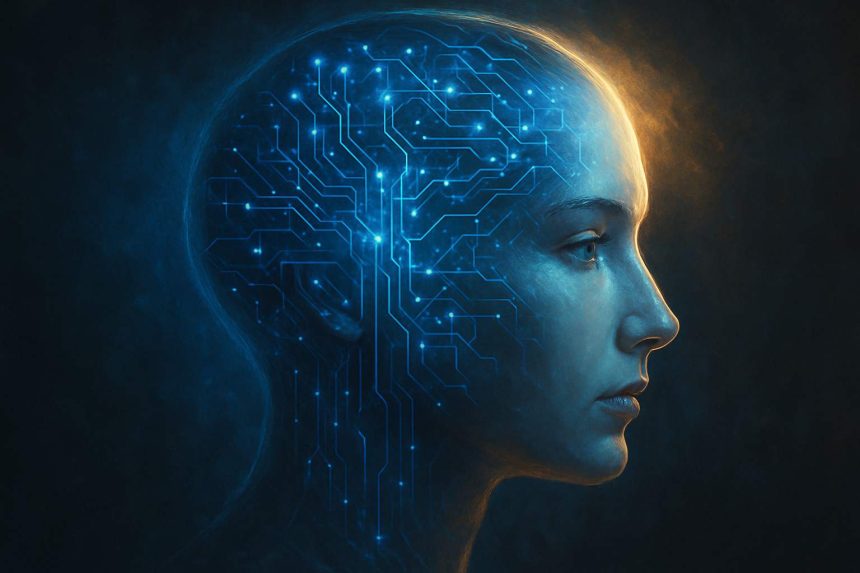From data analytics to artificial intelligence
The Cambridge Analytica controversy began with data — millions of Facebook profiles scraped without consent.
But the tools behind that data were early forms of predictive modeling and algorithmic profiling — the ancestors of modern AI systems.
- From data analytics to artificial intelligence
- The rise of algorithmic influence
- Ethics in the age of automation
- The problem of bias and inequality
- The illusion of intelligence
- Building ethical AI frameworks
- Transparency as a moral imperative
- Human-centered design
- The role of accountability
- AI and democracy
- Teaching machines empathy
- The next frontier: collective responsibility
In 2018, the scandal demonstrated how technology could analyze personality traits, emotions, and behavior to shape opinion.
Today, AI systems can do all that and more — at a scale and precision far beyond what Cambridge Analytica ever achieved.
The rise of algorithmic influence
Modern AI doesn’t just analyze data; it creates content, automates decisions, and learns from user behavior.
Social media recommendation engines, voice assistants, and large language models all operate using algorithms that shape how people see and interpret the world.
The danger is subtle: when algorithms determine what we read or believe, they also define what we think is true.
Ethics in the age of automation
The central question after Cambridge Analytica is no longer whether data can be exploited — it’s whether AI can act responsibly.
As machines make more decisions on our behalf, they must be guided by ethical principles rooted in human values.
This means programming fairness, accountability, and transparency into systems that were once driven only by efficiency and engagement.
The problem of bias and inequality
AI systems learn from data — and data reflects the world as it is, not as it should be.
This means biases in history, culture, and society are encoded into algorithms.
Cambridge Analytica exploited psychological biases to manipulate users.
Today, AI risks repeating that pattern — not by design, but by inheritance.
A biased algorithm can discriminate just as effectively as a malicious human.
The illusion of intelligence
Artificial intelligence can simulate reasoning but lacks understanding.
It doesn’t distinguish truth from deception — it optimizes for goals defined by humans.
If those goals prioritize clicks, engagement, or political influence, the AI will pursue them relentlessly.
Cambridge Analytica’s algorithms were crude compared to modern models, yet they shared the same flaw: intelligence without ethics.
Building ethical AI frameworks
Since 2018, organizations worldwide have begun drafting ethical guidelines for AI.
The OECD Principles on AI, the EU AI Act, and the UNESCO Recommendation on the Ethics of AI all emphasize the same pillars: human oversight, fairness, privacy, and accountability.
But principles alone are not enough — they must be translated into practice through regulation, auditing, and education.
Transparency as a moral imperative
One of the key lessons from Cambridge Analytica is the danger of secrecy.
Users didn’t know how their data was used or how algorithms shaped their reality.
Ethical AI must do the opposite: explain its reasoning, reveal its sources, and allow users to challenge its conclusions.
Transparency is not just a feature — it’s the foundation of trust.
Human-centered design
AI must be designed around human needs, not corporate profits.
That means protecting autonomy, enhancing knowledge, and avoiding psychological manipulation.
The Cambridge Analytica scandal proved that technology without empathy can undermine democracy.
Ethical AI, by contrast, seeks to empower individuals rather than control them.
The role of accountability
When an algorithm causes harm, who is responsible — the developer, the company, or the machine?
This question remains one of the biggest challenges in AI ethics.
The post-Analytica world demands clear accountability structures.
Machines can act autonomously, but moral responsibility still belongs to humans.
AI and democracy
The link between AI and democracy is delicate.
Recommendation systems, chatbots, and synthetic media can amplify misinformation, polarize voters, and erode public trust.
But they can also strengthen democracy by improving access to information and promoting transparency — if designed responsibly.
Whether AI becomes a tool for freedom or control depends entirely on how we use it.
Teaching machines empathy
True ethical AI may require machines that can understand not just data but human emotion.
Researchers are exploring affective computing — systems that recognize emotional cues — to create more compassionate interactions between humans and machines.
However, empathy without morality can also be dangerous.
A machine that “feels” but doesn’t understand ethics could manipulate emotions even more effectively than Cambridge Analytica did.
The next frontier: collective responsibility
Ethical AI cannot be built in isolation.
It requires collaboration between technologists, policymakers, ethicists, and citizens.
Every sector must participate in defining the boundaries of acceptable machine behavior.
The Cambridge Analytica scandal showed what happens when power operates without scrutiny.
The future depends on collective vigilance.
Takeaway: The Cambridge Analytica scandal marked the beginning of the ethical era of technology.
As AI grows more intelligent, the challenge is not to make machines smarter — but to make them moral.
The question is no longer “Can machines think?” but “Can they care?”







